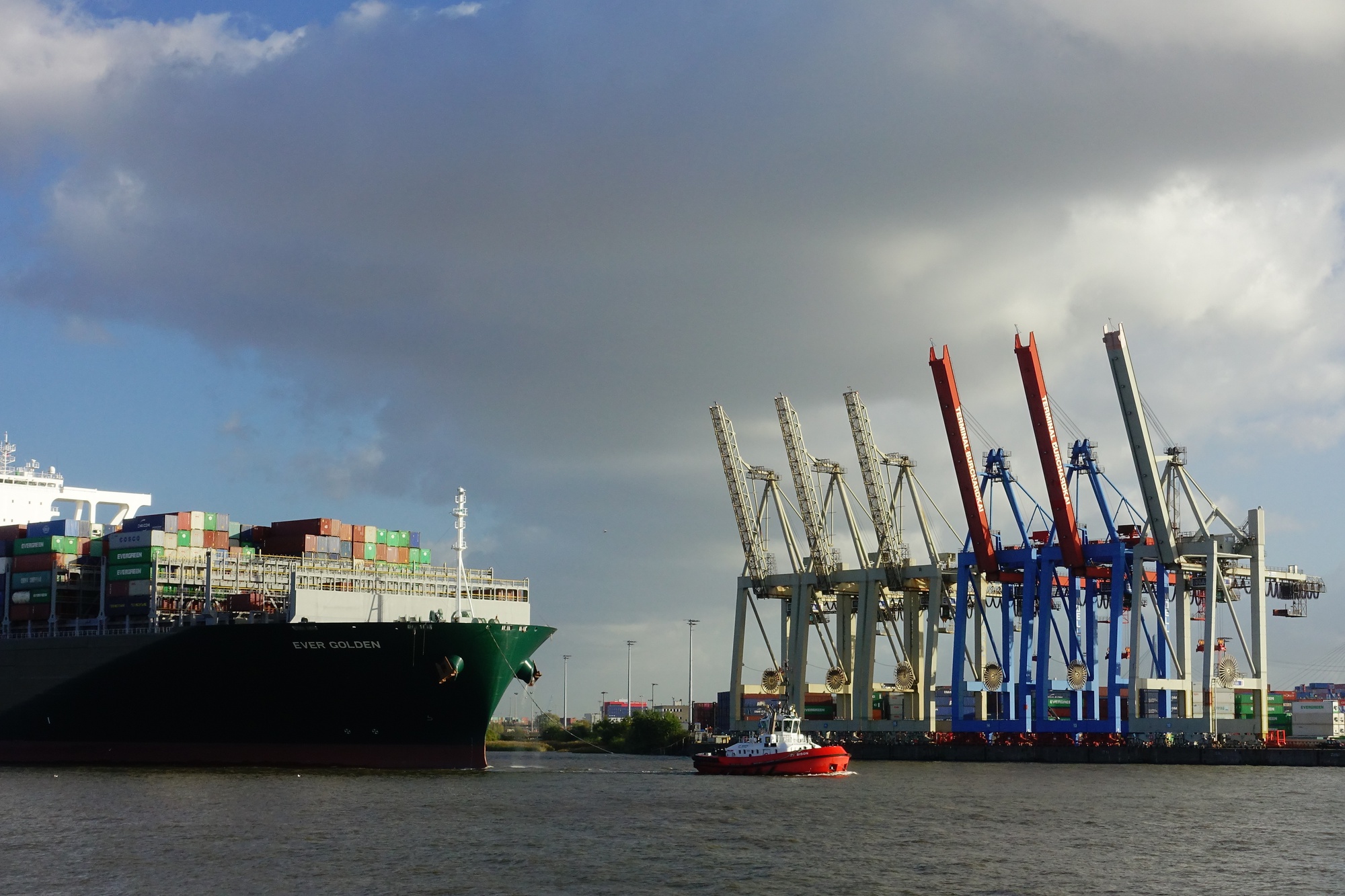The Role of Ports in the Global Economy
In today’s interconnected world, ports serve as the vital arteries of global trade, facilitating the seamless flow of goods across continents. Their significance extends far beyond mere shipping hubs, impacting economies, industries, and even global supply chains.
The Economic Engine of Global Trade
- Facilitating International Trade: Ports are the gateways for the vast majority of international trade. Over 80% of global trade by volume is transported by sea, making ports indispensable for connecting producers and consumers worldwide. From raw materials to finished goods, ports handle the diverse range of products that fuel our economies.
- Driving Economic Growth: Ports are major economic drivers, generating jobs, attracting investment, and stimulating local economies. They support a wide range of industries, including shipping, logistics, manufacturing, and tourism. The presence of a well-functioning port can attract businesses and industries, leading to increased economic activity and prosperity.
- Reducing Trade Costs: Efficient port operations contribute to lower transportation costs, making goods more affordable and competitive in global markets. This benefits both businesses and consumers, fostering economic growth and development.
A Crucial Link in Global Supply Chains
- Connecting Supply Chains: Ports play a critical role in connecting global supply chains, ensuring the timely delivery of goods from manufacturers to consumers. They act as hubs for transshipment, where goods are transferred between ships, facilitating efficient movement across continents.
- Improving Supply Chain Resilience: In an increasingly complex and interconnected world, supply chain disruptions can have significant economic consequences. Efficient port operations and robust infrastructure can help mitigate these risks, ensuring the smooth flow of goods even during unforeseen events.
- Enabling Just-in-Time Production: Ports enable just-in-time production models, where goods are produced and shipped only when needed, reducing inventory costs and improving efficiency. This requires efficient port operations and reliable transportation networks to ensure timely delivery.
Fostering Economic Development
- Developing Economies: Ports are particularly important for developing economies, providing access to global markets and facilitating economic growth. They can attract foreign investment, create jobs, and improve living standards.
- Regional Development: Ports can drive regional development by attracting industries and creating economic corridors. They can also stimulate tourism and cultural exchange, benefiting local communities.
- Infrastructure Development: Investing in port infrastructure is essential for economic development. This includes upgrading facilities, improving technology, and expanding capacity to handle growing trade volumes.
The Importance of Port Technology
- Digitalization and Automation: Modern ports are increasingly relying on digital technologies and automation to improve efficiency, reduce costs, and enhance sustainability. This includes the use of artificial intelligence, big data analytics, and robotics.
- Container Tracking Solutions: Tools like Patang Container Tracking play a crucial role in optimizing port operations and improving supply chain visibility. By providing real-time tracking of containers, these solutions help businesses monitor the movement of goods, identify potential delays, and make informed decisions.
- Sustainability Initiatives: Ports are also embracing sustainable practices, such as reducing emissions, minimizing environmental impact, and promoting green technologies. This includes investing in renewable energy sources, improving energy efficiency, and adopting eco-friendly port operations.
The Future of Ports
- Handling Growing Trade Volumes: As global trade continues to grow, ports will need to adapt to handle increasing volumes of cargo. This will require significant investment in infrastructure, technology, and human resources.
- Addressing Environmental Challenges: Ports will need to address environmental challenges, such as air and water pollution, and adopt sustainable practices to minimize their impact on the environment.
- Promoting Innovation: Continued innovation will be essential for the future of ports, including the development of new technologies, the adoption of sustainable practices, and the improvement of operational efficiency.
In conclusion, ports are the lifeblood of the global economy, playing a critical role in facilitating trade, driving economic growth, and connecting people and businesses worldwide. By investing in port infrastructure, promoting innovation, and adopting sustainable practices, we can ensure that ports continue to play a vital role in shaping the future of our interconnected world.


